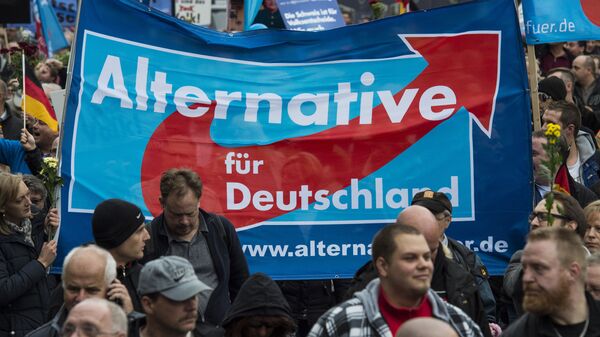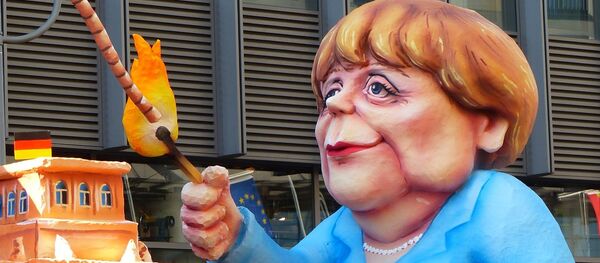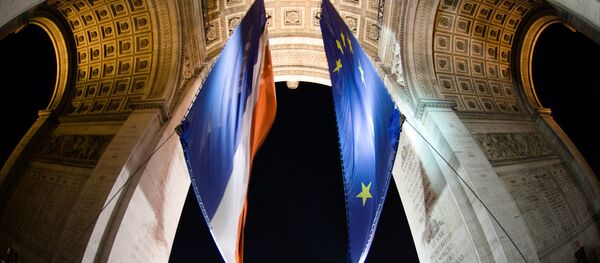The resolution was initiated by local MP Udo Stein, who said that the West's restrictive measures against Russia had rode roughshod over Baden-Wurttemberg, a region with a highly developed economy where more than 900 companies have offices in Russia.
"Anti-Russian sanctions should be lifted because they have turned against us and have negative consequences on the economy. Russia is one of the key partners of Baden-Wurttemberg, and our trade relations should not be dropped, "he was quoted by the Russian newspaper Izvestia as saying.
Baden-Wurttemberg faces 42,000 layoffs, partly due to the sanctions; the headquarters of Porsche, Mercedes-Benz, Bosch, Daimler and SAP, the largest German IT-company, are located in the federal state.
According to the Committee on Eastern European Economic Relations, which called for a lift of anti-Russian sanctions last year, Russian-German trade turnover in 2015 stood at 41 billion euros, which are 25 percent less than it had been in 2014.
The anti-Russian sanctions were first implemented in 2014 after Brussels joined Washington in accusing Moscow of fueling the Ukrainian crisis. The sanctions have been prolonged several times despite the fact that Russia has repeatedly denied allegations of its involvement in the Ukrainian conflict. On December 22, 2015, the European Council decided to extend the anti-Russian economic sanctions until July 31, 2016.
In late April 2016, the French National Assembly backed a resolution urging the repeal of anti-Russian sanctions. Out of the 101 lawmakers present, 55 voted in favor of the document, which is non-binding in its nature.




